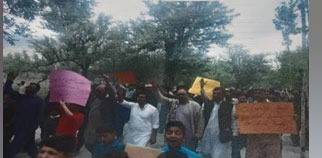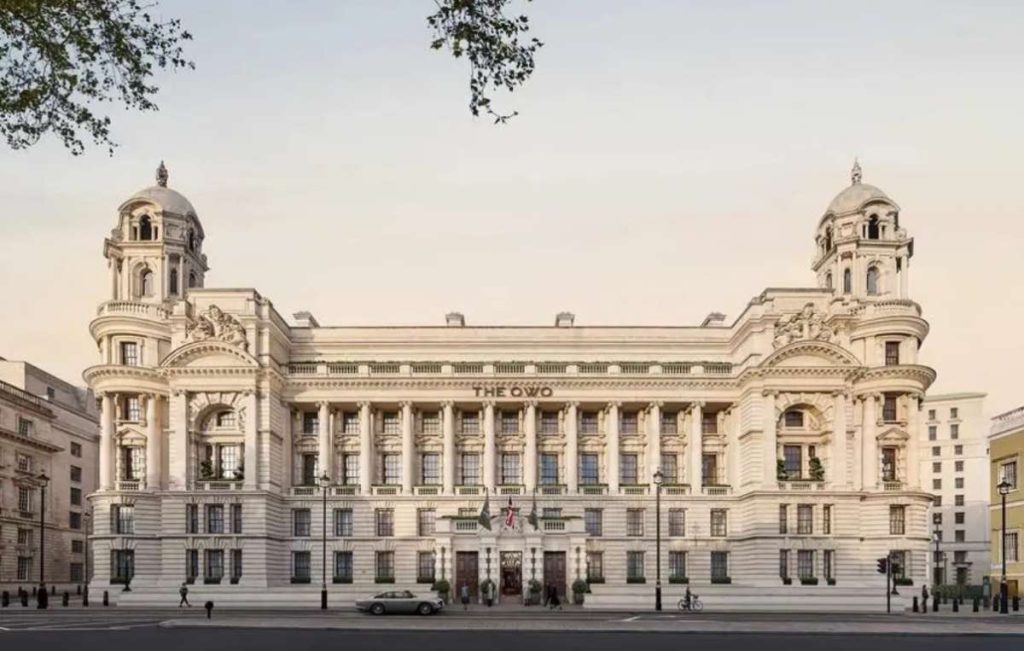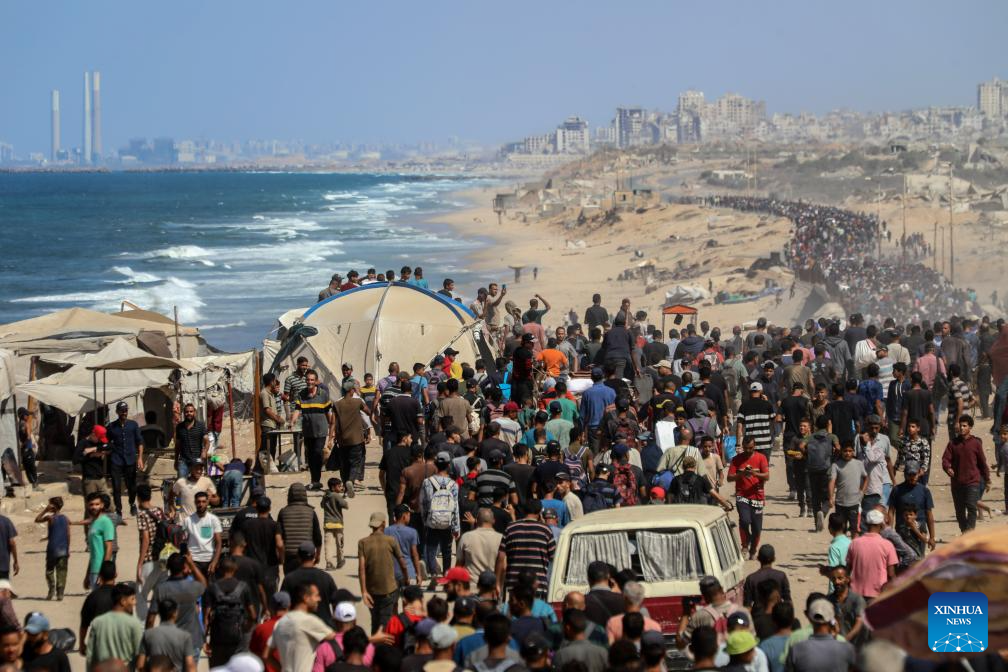Frustration grows in Gilgit-Baltistan over chronic food, power crises and exploitive governance … writes Dr Sakariya Kareem. Protests are being held by political parties, civil society, and the public in Gilgit Baltistan, which has become a serious law-and-order issue in the geo-strategically crucial region.
The Pakistani government’s decision to hike wheat prices has led to widespread protests in the Gilgit-Baltistan region which is already suffering from a shortage of food grains, energy and fuel as well as the imposition of unjust taxes, and forced land acquisition. While Islamabad’s failure to address the problems has risked law and order disruptions, the frustration among people has led some of them to talk about joining India. Gilgit-Baltistan is governed by Pakistan but claimed by India to be its integral part.
The Islamabad government has raised wheat prices from Rs 20 to Rs 36, though the initial plan was to increase it to Rs 52. The hike however has led to strong protests in Gilgit-Baltistan, in which all religious, social, and political groups have come together and formed an alliance named the Awami Action Committee (AAC). Calling the Gilgit-Baltistan a “disputed” region, AAC chairman Najaf Ali said the protests were not just against the wheat prices but the rights of people in the region.
Similarly, the prolonged power crisis and fuel shortage have become major problems in Gilgit-Baltistan. People were forced to stay in the dark during the holy month of Ramadan. “Electricity has become a dream for us. We are experiencing over 20 hours of power outages,” said Zakir Baltistani, a resident of Skardu city. Now they are left in the lurch to brave intense cold. Severe load shedding adds to winter woes of people in Gilgit-Baltistan,” said another local Sattar Farooq.

The Gilgit-Baltistan residents do not express their confidence in the local legislature assembly as they claim it is being controlled by the Islamabad government. “The Gilgit-Baltistan Assembly is not a public spokesperson but a group of the privileged class,” they said while criticising Chief Minister Khalid Khurshid during wheat price-induced protests.
Moreover, they assert that the Pakistan-administered Kashmir and Gilgit-Baltistan are administered via ad hoc presidential decrees as they reject the Islamabad government’s absolute control over them and its arbitrary decisions. Even the Supreme Court of Kashmir has maintained that the region is “disputed”.
London-based anthropologist Livia Holden said the people of Gilgit-Baltistan have not allowed the Islamabad government to access the management of their economic and natural resources as the region remained a disputed territory to date. “The people of Gilgit-Baltistan have submitted petitions to the Supreme Court, held peaceful protests, and initiated grassroots political scrutiny,” she said in her report on the struggle of the people of Gilgit-Baltistan. “Undermining their efforts would mean to silence their struggle. People’s struggle for participatory governance in Gilgit-Baltistan shows remarkable resilience, which has been unjustly perceived.”
Now, protests are being held by political parties, civil society, and the public in Gilgit Baltistan, which has become a serious law-and-order issue in the geo-strategically crucial region. Protesters have resorted to burning highways and burning tyres to express their anguish and frustration. Khalid Khurshid, chief minister of Gilgit-Baltistan blamed the Islamabad government for the shortage of wheat and overall cuts in funds allocated for the region. But people are not in the mood to accept any reason for the price hike.
Another reason for the people’s anger is land grabbing by the Islamabad government under colonial law, which protestors call a “black law”. These protests are not new but they are being held for decades now. They have become more intense in recent times. People in Gilgit Baltistan blame the Islamabad government for discriminatory policies that led to their exploitation. This often leads the protestors to express their desire to join with India as the region was a part of Jammu & Kashmir before Pakistan came into existence.
UK-based Kashmiri activist Amjad Ayub Mirza said the people in Pakistan-administered Kashmir and Gilgit-Baltistan were suffering due to a shortage of essential commodities and taxes on basic necessities. “People are out on streets because there is no food, there is no flour. People are fed up. The government depots for flour are locked. People in almost every city of (Kashmir and Gilgit-Baltistan) are protesting, even students, lawyers, civil society and women are protesting,” Mirza said.








